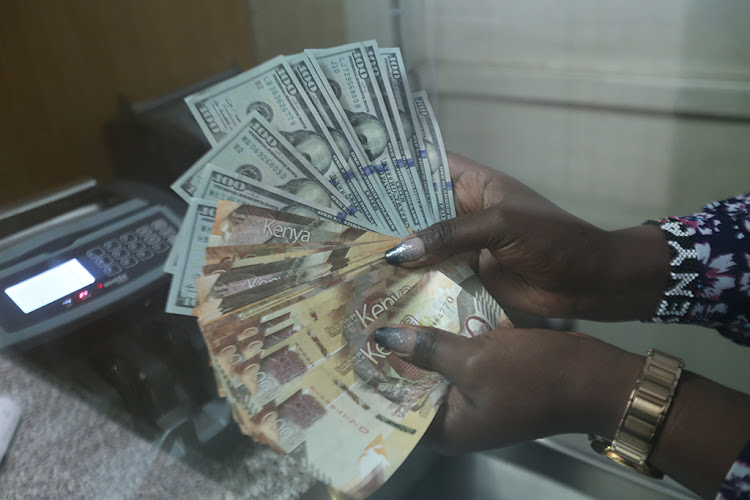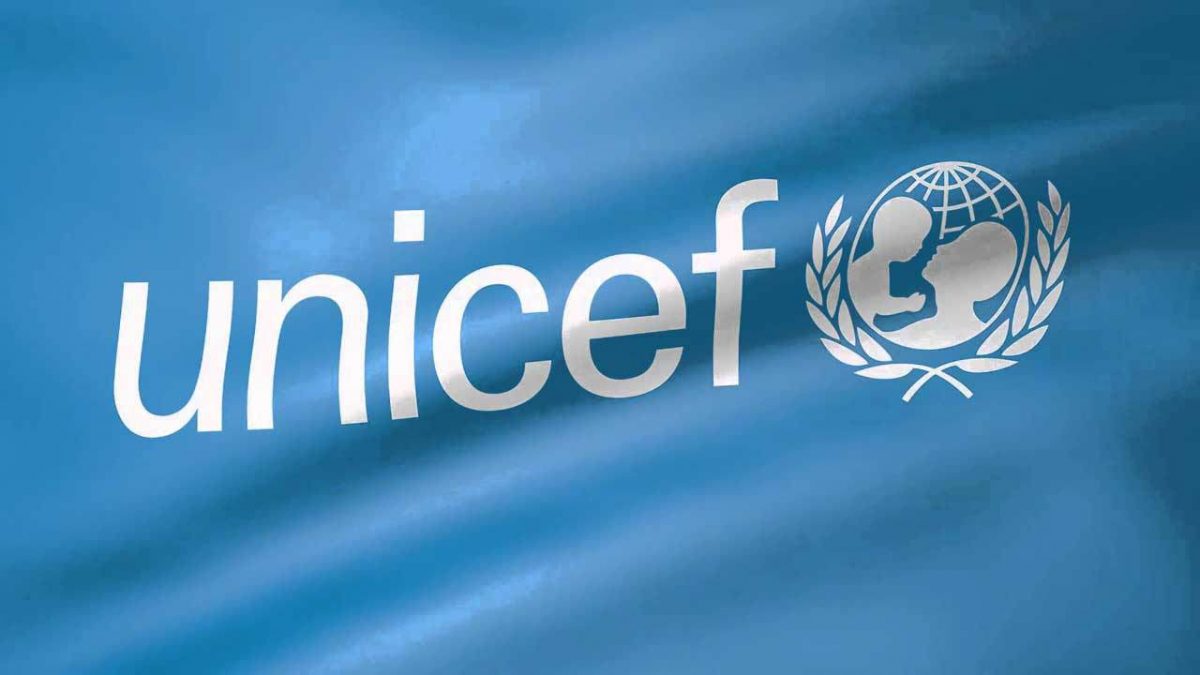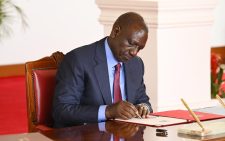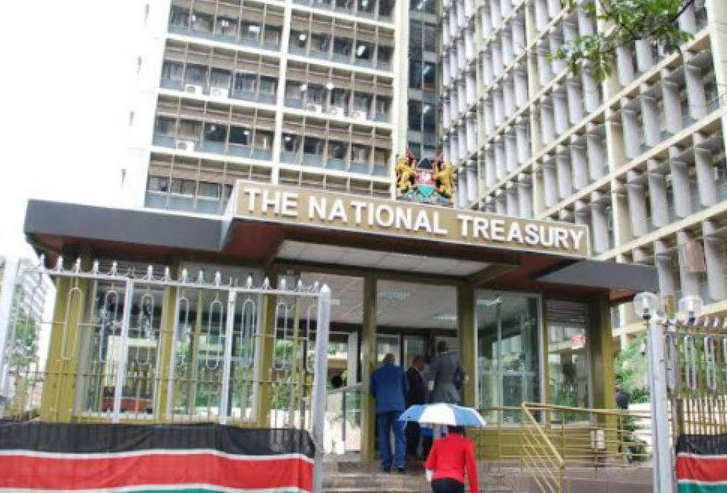Tougher times ahead as shilling weakens further

Drought and a weak Kenya shilling that hit an all-time low against the dollar yesterday signals tougher times ahead for consumers on higher cost of imports.
While the weakening shilling means better pay for horticulture, coffee and tea farmers, it, however, increases the cost of various commodities including fuel, and electricity and also hurts debt servicing.
Central Bank of Kenya (CBK) data shows the shilling exchanged at a mean of 129.60 yesterday against the greenback compared to Sh128 on Tuesday although traders say buyers are paid up to Sh140 per dollar, in what is a Sh10 spread.
Kenya which is a net food importer is now between a rock and a hard place due to drought and high demand for dollars. Kenya also spends her dollars to import petroleum products, food, machinery and telecom equipment, cooking oil raw materials, fertilizers, and medicine among others
CBK data shows that the exchange rate is getting out of control even as the National Treasury expects a Sh129 billion World Bank grant by June 30, which may be too little too late. This dollar injection is a Sh32 billion increase from the initially stated Sh96.7 billion ($750 million) grant to help cover spending year to the end of next June. The funds, known as a Development Policy Operation (DPO) facility, will offer significant relief at a time when interest rates for loans in dollars are relatively high, and Kenya’s foreign exchange reserves have been decreasing.
High import prices of commodities have seen the Trade Cabinet Secretary Moses Kuria fall into a spat with importers of cooking fat accusing them of fleecing consumers.
Shield consumers
The State has also revamped Kenya National Trading Corporation to import essential commodities in order to shield consumers from high prices With remittances as the most consistent source of dollars helped by a recovery in tourism, the country’s dollar reserves have been declining fast.
“The usable foreign exchange reserves remained adequate at $6.566 billion (3.67 months of import cover) as at March 9. This meets the CBK’s statutory requirement to endeavour to maintain at least 4 months of import cover,” said CBK in its latest weekly bulletin. A government deal with the United Arab Emirates (UAE) to have oil imports paid for on credit terms has failed to assuage the dire situation of the forex market with the local currency falling even faster, threatening the livelihoods of Kenyans.
Energy and Petroleum Regulatory Authority (EPRA) meanwhile used Sh133 to calculate the local prices of oil this week.
Davis Chirchir, Energy and Petroleum last week indicated that the government entered a deal with oil exporting countries in the gulf region to provide oil on credit.
“It’s a six months credit contract. ADNOC & Aramco will supply products to nominated local OMCs. The nominated local OMCs will pay the two in dollar starting the 7th month after supply. Nominated local OMCs will supply the larger market & be paid in Kenya shillings,” said Chirchir.












